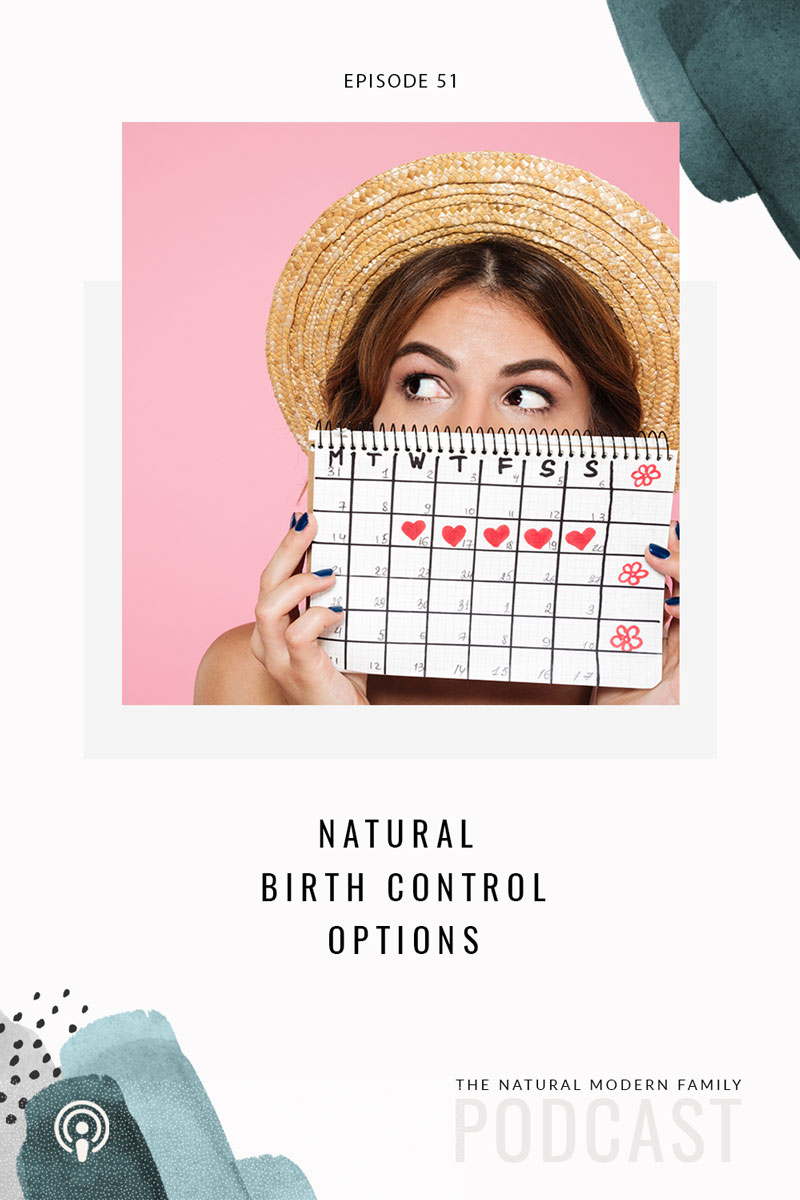Most women don’t know that there are a lot of risks associated with conventional forms of birth control. But if you don’t use conventional birth control, what should you do instead? In this episode we’re going to break down the different types of commonly used birth control methods, the risks and what we do instead—natural birth control options.
Why is infertility on the rise? What are some birth control side effects?
Risks are not often discussed, but they happen consistently. Many doctors say that these are “safe” methods of birth control without sharing the potential side effects and issues.
- IUDs increase the risk of infertility
- The Pill and IUD increase copper levels in the body and because copper and estrogen work together synergistically, copper imbalance and toxicity is a risk. Copper can also interfere with adrenal and thyroid activity
- Increased risk of breast cancer with oral contraceptives.
- WHO found that women who are carriers of HPV and have been on the pill for 5-9 years are 3x more likely than non-pill users to develop cervical cancer. Those who take it for 10 years, are 4x more likely.
- Women who have a history of migraine headaches and who take combined oral contraceptives are two to four times more likely to have a stroke than women who have migraines and don’t take the Pill.
- Women who use low-dose oral contraceptive pills have a two-fold increased risk of a fatal heart attack compared to non-users.
- Use of all IUDs have been associated with increased risk of Pelvic Inflammatory Disease
Lawsuits
- Just last year, Bayer offered $1.6 billion to end thousands of lawsuits over the Essure birth control implant. There were 39,000 cases filed.
- Thousands of women say Mirena, also made by Bayer, led to diminished quality of life. They also reported that it perforated the uterus, damaged organs, and caused pseudotumor cerebri (abnormal fluid buildup in the skull). Bayer paid $12.2 million in settlement in thousands of cases and there are still hundreds of pending cases.
- Merck resolved lawsuits for NuvaRing for $100 million
- Pharma build budgets to account for lawsuits
Types of Birth Control
2 Categories: Barrier and Hormonal
Physical barrier or chemical barriers stop the swimmers from fertilizing the egg
Hormonal contain synthetic forms of hormones estrogen and/or progesterone and work in one of 3 ways: prevent ovaries from releasing an egg, cause cervical fluid to thicken making it more difficult for sperm to swim and fertilize the egg, thinning the lining of the uterus which makes it less likely that a fertilized egg will implant
Types of Hormonal Birth Control
- The Pill- contains a combination of synthetic estrogen and progesterone or progesterone only
- Depo Provera + Lunelle- synthetic hormone injections that prevent pregnancy for 1 to 3 months
- NuvaRing- releases synthetic hormones into the body
- The Patch- delivers synthetic hormones through the skin and into the bloodstream
- IUD- small plastic device contains copper or synthetic hormones inserted into the uterus
- Copper IUD makes it more difficult for the sperm to reach the egg and fertilize by slowing down motility
Our Natural Birth Control Methods
Fertility awareness method: Science says you can only get pregnant when you’re ovulating so when you understand your body and the signs of ovulation (which can be measured and tracked with concrete data), you can work with your body and partner to prevent pregnancy naturally.
3 Primary Benefits:
- Get pregnant when you want to
- Prevent pregnancy without synthetic hormones or intrusive methods
- Understand your body and cycle to know when things are *off*
Scientific Ways to Track Ovulation:
- Basal Body temperature: there are temperature shifts that make when ovulation has occurred
- Cervical fluid consistency: know the signs to increase likelihood of pregnancy or to know when to abstain
- Cervical position: understand how your cervix is positioned can help
- Track LH Surge- this lets you know when ovulation is about to start
Featured in this episode…
Understand FAM with the book Taking Charge of Your Fertility by Toni Weschler
Sources
- https://wellnessmama.com/8396/hormonal-contraceptives/
- https://americanpregnancy.org/unplanned-pregnancy/birth-control-pills-patches-and-devices/types-of-birth-control-5054/
- https://www.westonaprice.org/health-topics/womens-health/rethinking-reproductive-health/
- https://americanpregnancy.org/unplanned-pregnancy/birth-control-pills-patches-and-devices/ethical-questions-about-birth-control-5042/
- https://www.lawyersandsettlements.com/lawsuit/birthcontrol.html
- https://nicolejardim.com/copperiud/
- https://arltma.com/newsletters/copper-toxicity-common-causes/
- https://pubmed.ncbi.nlm.nih.gov/12313655/
- https://www.cincinnati.com/story/news/2020/09/07/essure-lawsuits-bayer-fda-1-6-billion-women-birth-control/5708709002/
- https://www.drugwatch.com/mirena/lawsuits/
- https://www.consumersafety.org/news/bayer-lawsuits/





READ the Latest
Health Habits
Longevity
Health Habits
Health Habits
2 Comments